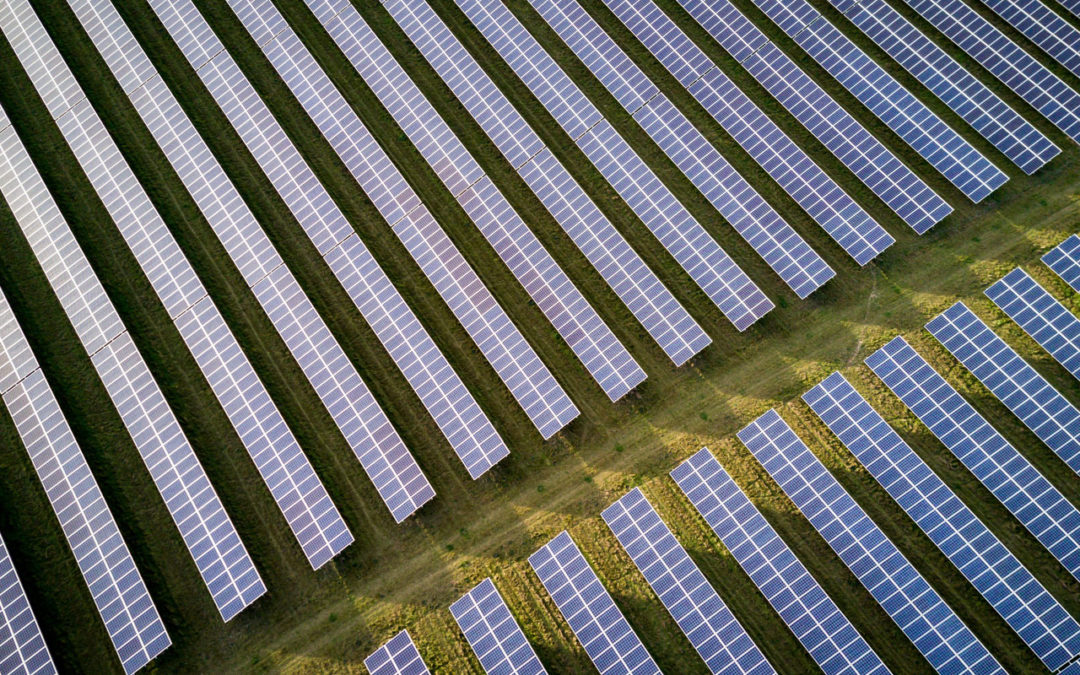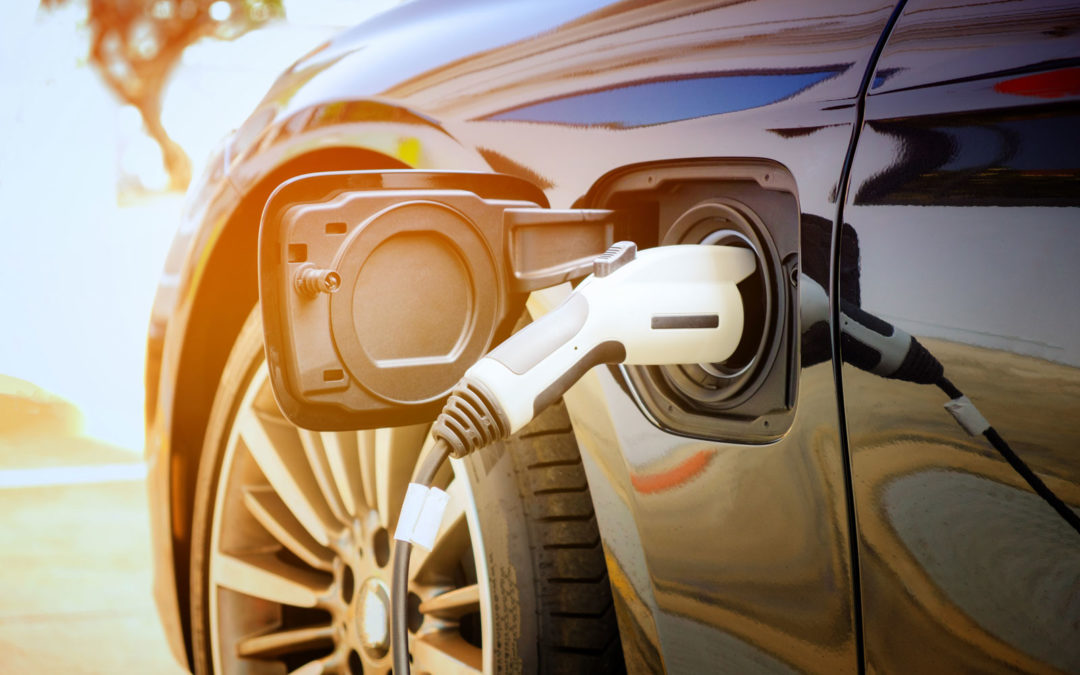
PSC Rides First Wave of Utility-Scale Solar Farms to Fruition
The Public Service Commission today cleared the path for the Badger Hollow solar farm to become a utility-owned generating asset in its entirety. Approved in April 2019 and now under construction, the 300 megawatt (MW) plant in western Iowa County will soon be co-owned by a third utility, Milwaukee-based Wisconsin Electric Power Company (WEPCO). Chicago-based Invenergy is the developer for Badger Hollow and will oversee the construction process until its completion in 2021
As a result of today’s action, WEPCO and Madison Gas and Electric (MGE) will jointly acquire a 150 megawatt share of this facility, which should start sending power into the grid by the end of 2020. Shares of the 300 MW solar farm will be divided equally between WEPCO, MGE, and Green Bay-based Wisconsin Public Service.
After reviewing the applicants’ filings, the PSC determined that both MGE and WEPCO need new generating capacity in the near future, and that this 150 MW increment of Badger Hollow would be part of the least-cost expansion plan for both utilities.
RENEW submitted a letter of support for the acquisition, as did the cities of Milwaukee and Madison. Calling attention to the state’s clean energy goals as well as those of the two cities and the utilities that serve them, our comments emphasized the economic and environmental value that Badger Hollow will yield to utility customers as well as to project participants, host communities, and the state as a whole.
The PSC’s approval effectively brings the first chapter of utility-scale solar development in Wisconsin to a close. Since June 2018, the PSC has reviewed four proposals to build nearly 700 MW of in-state renewable generating capacity, and gave the green light to all of them. The following table summarizes these projects and their relationships to Wisconsin electricity providers.
| Project | Capacity (in MW) | Developer | Utility participant(s) | Location (by county) |
| Badger Hollow | 300 | Invenergy | WEPCO (100 MW)
MGE (100 MW) WPS (100 MW) |
Iowa |
| Two Creeks | 150 | NextEra Energy | WPS (100 MW)
MGE (50 MW |
Manitowoc |
| Point Beach | 100 | NextEra Energy | WPPI Energy | Manitowoc |
| Badger State Solar | 149 | Ranger Power | Dairyland Power Cooperative | Jefferson |
The next wave of solar farms will begin washing through the state regulatory review process this spring. The first one out of the gate is the Paris Solar Farm, located in Kenosha County. Invenergy’s application to build the 200 MW solar farm was submitted yesterday. Dockets have been opened for several other prospects in Wisconsin. Listed below are the solar farm projects that we anticipate will be reviewed by the PSC this year.
| Project | Capacity (in MW) | Developer | Location (by county) | Docket number |
| Paris | 200 | Invenergy | Kenosha | 9801-CE-100 |
| Grant County | 200 | NextEra Energy | Grant | 9804-CE-100 |
| Wood County | 150 | Savion Energy | Wood | 9803-CE-100 |

